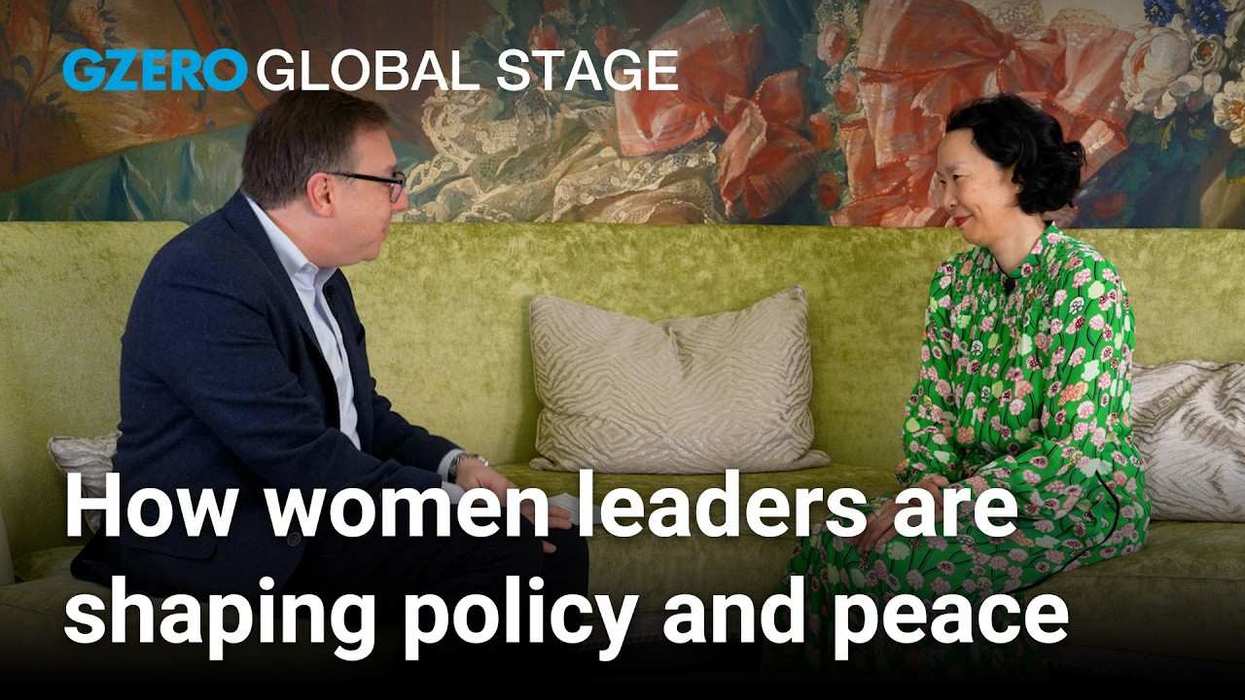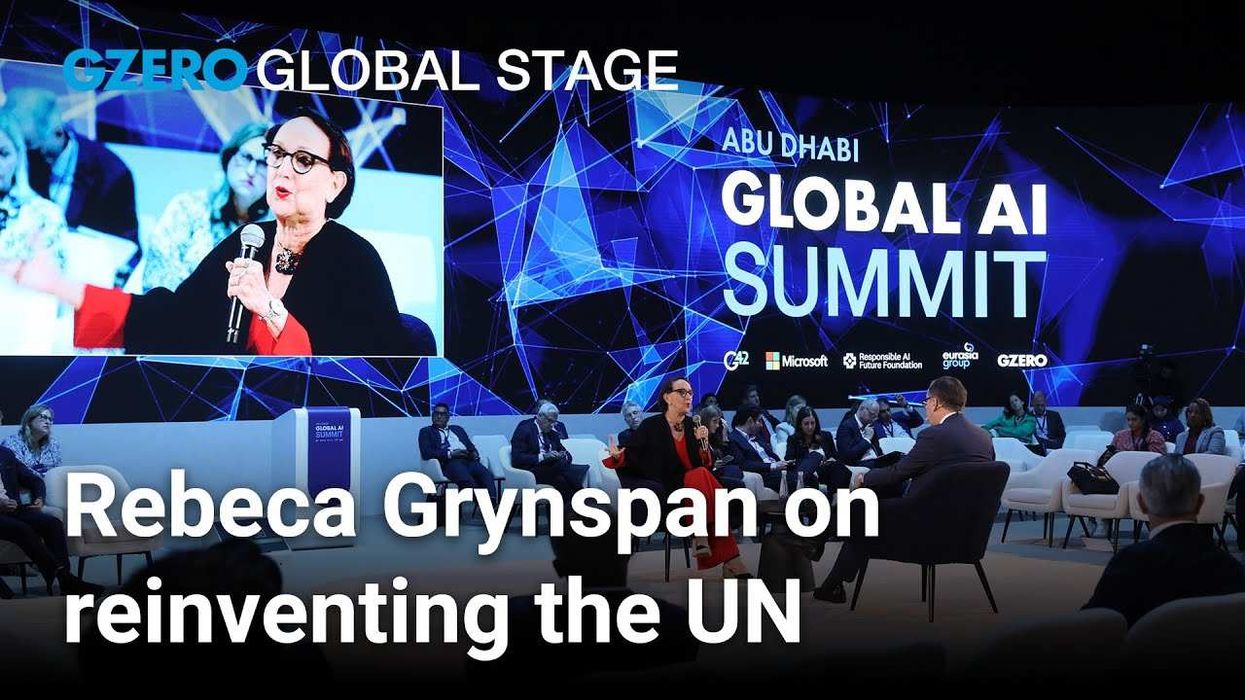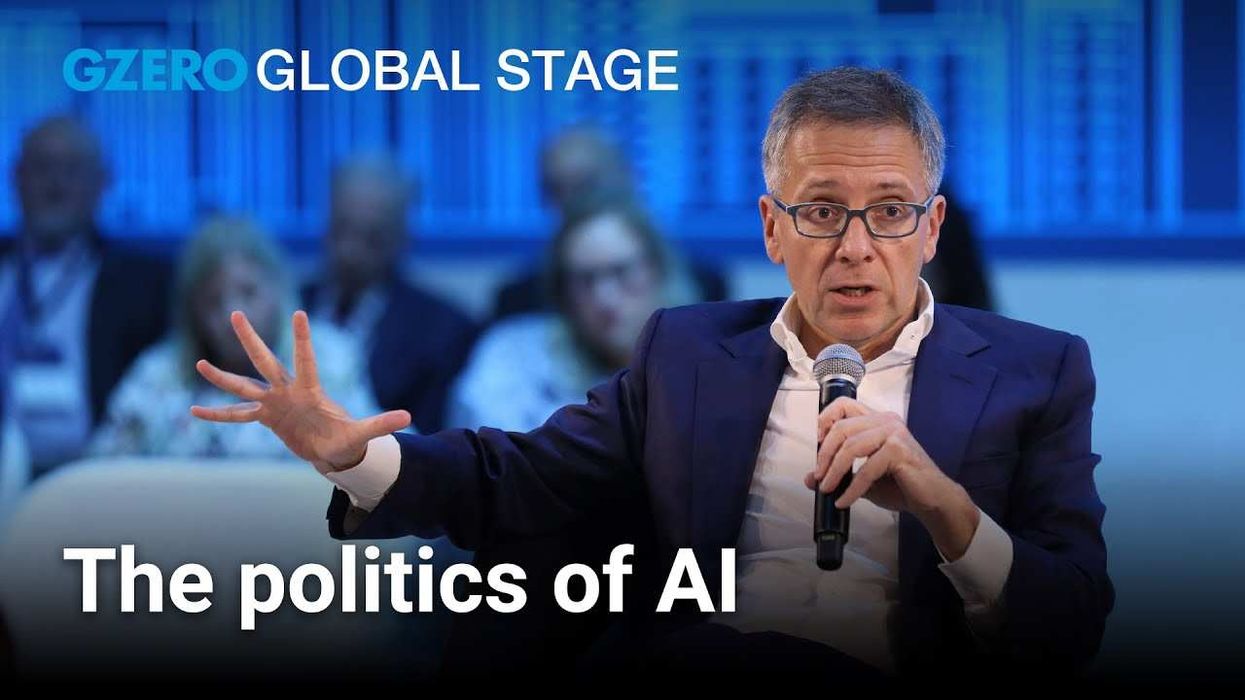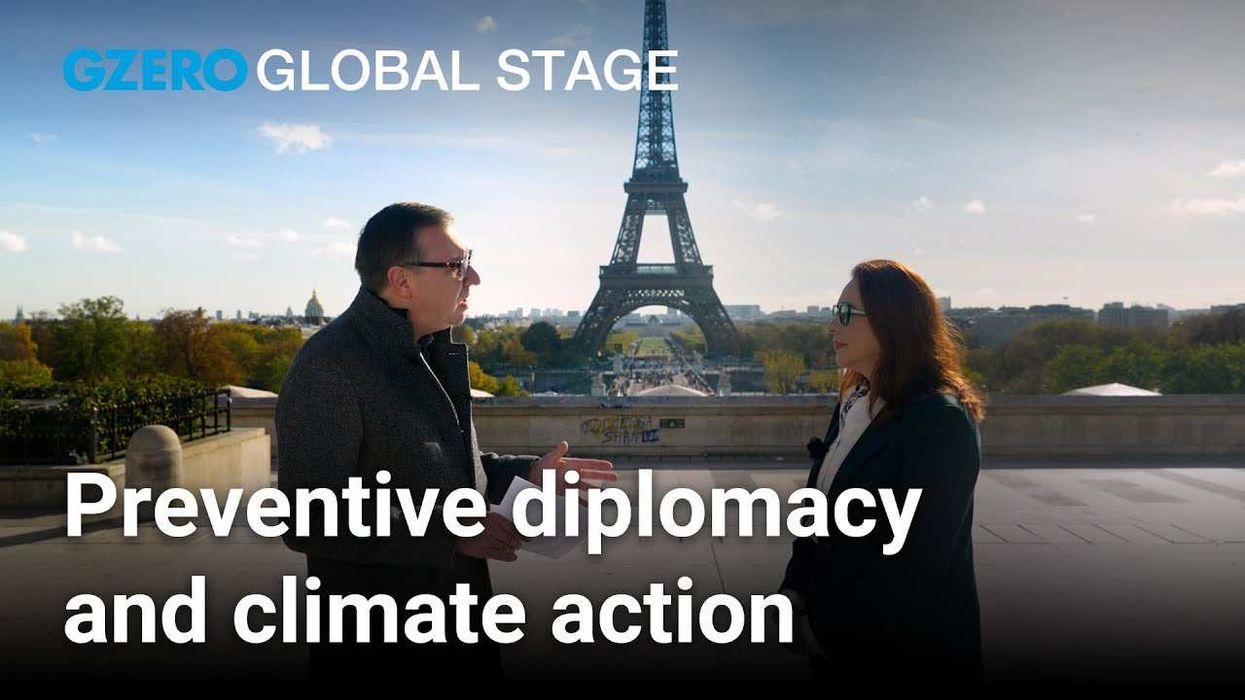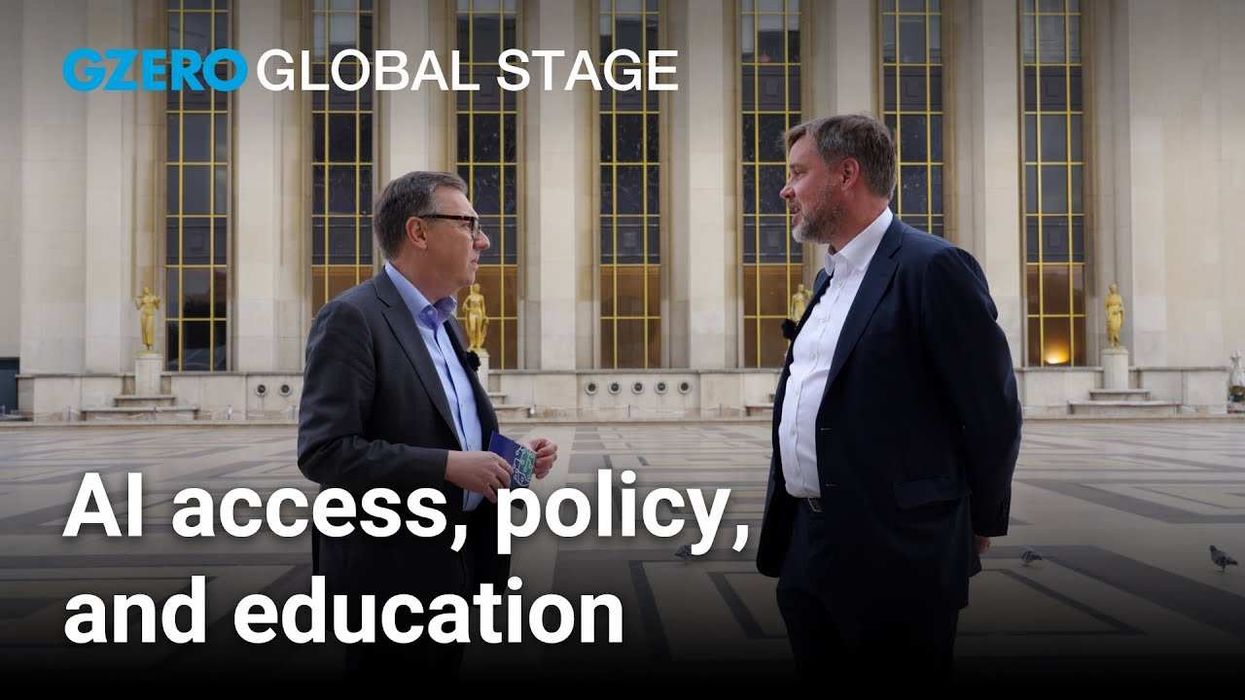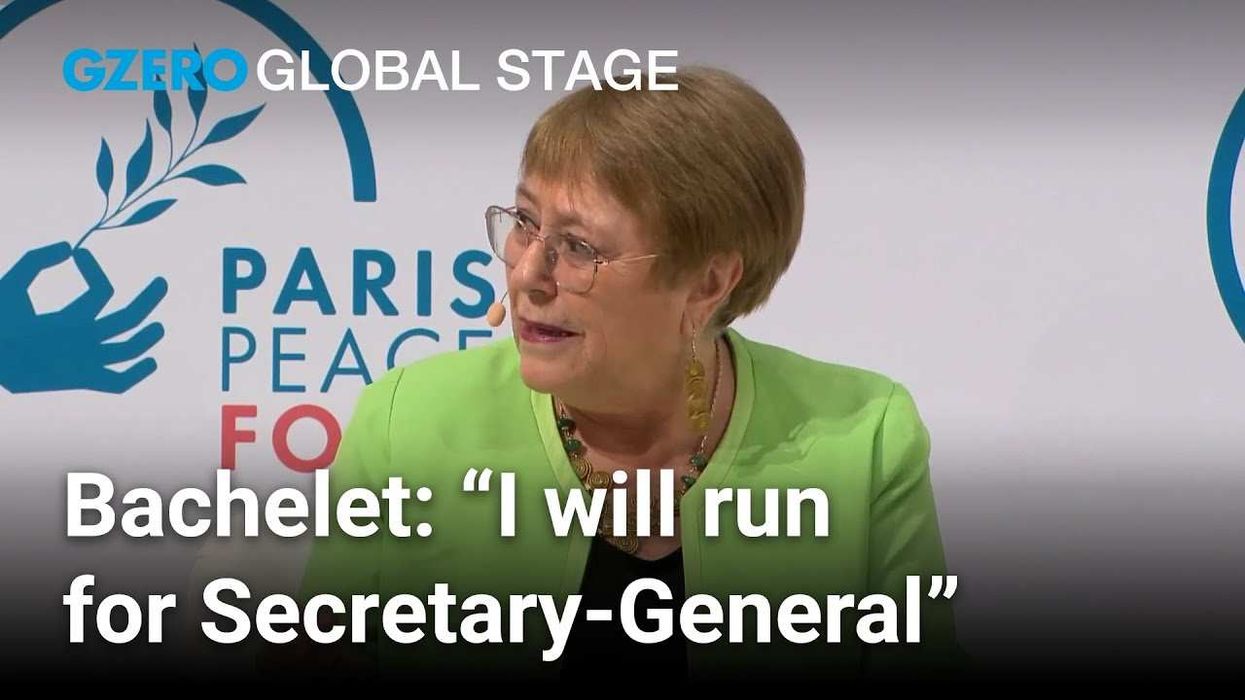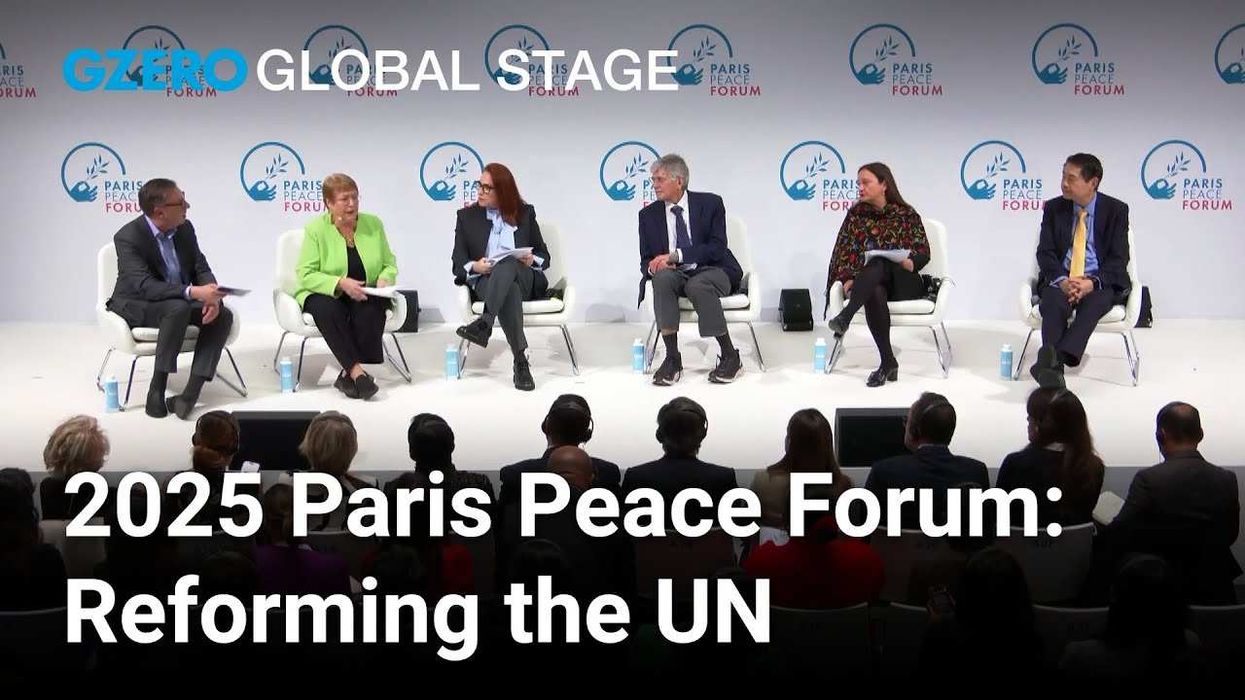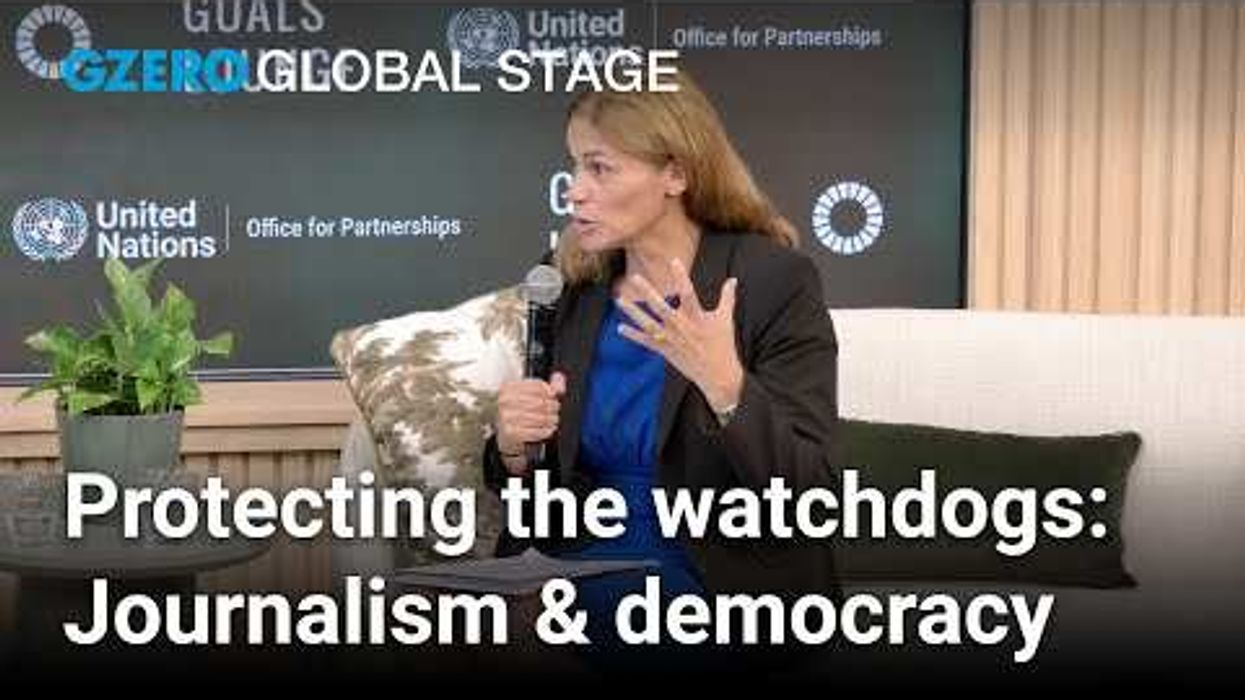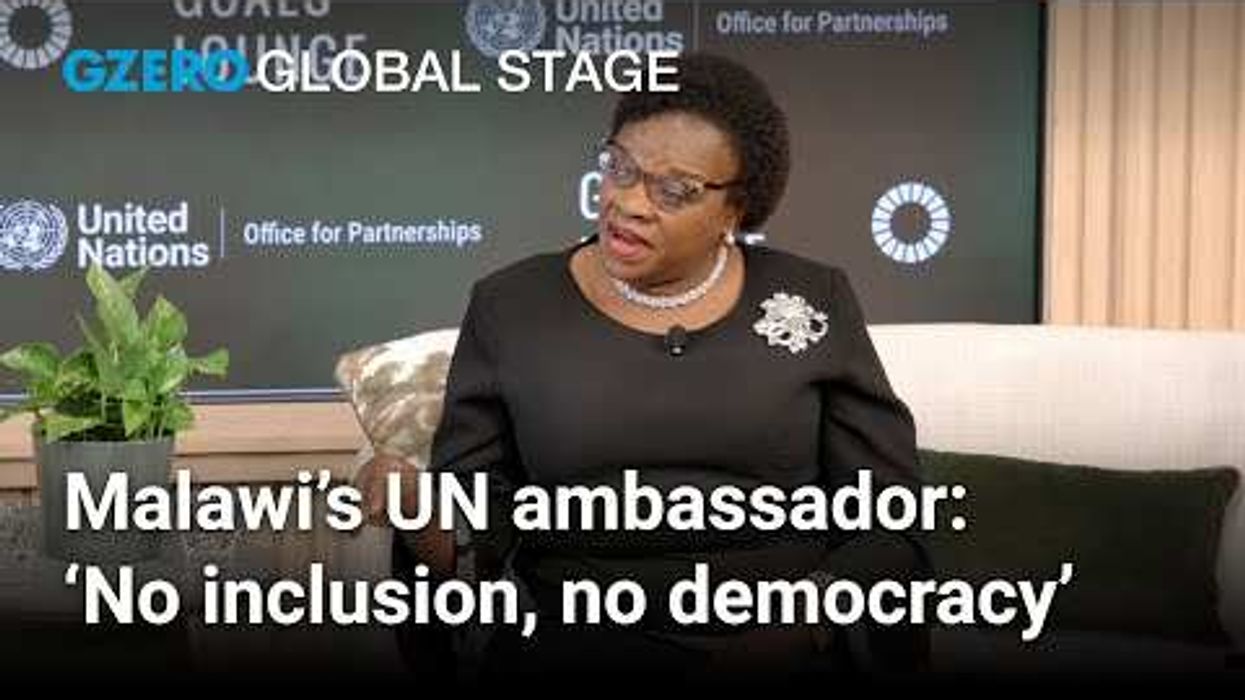Munich Security Conference
The power of women leaders in global decision-making & peacebuilding
On the sidelines of the 2026 Munich Security Conference, Annemarie Hou, Executive Director of the United Nations Office of Partnerships, joined Tony Maciulis to discuss the power of women leaders in global decision-making.
Feb 14, 2026
